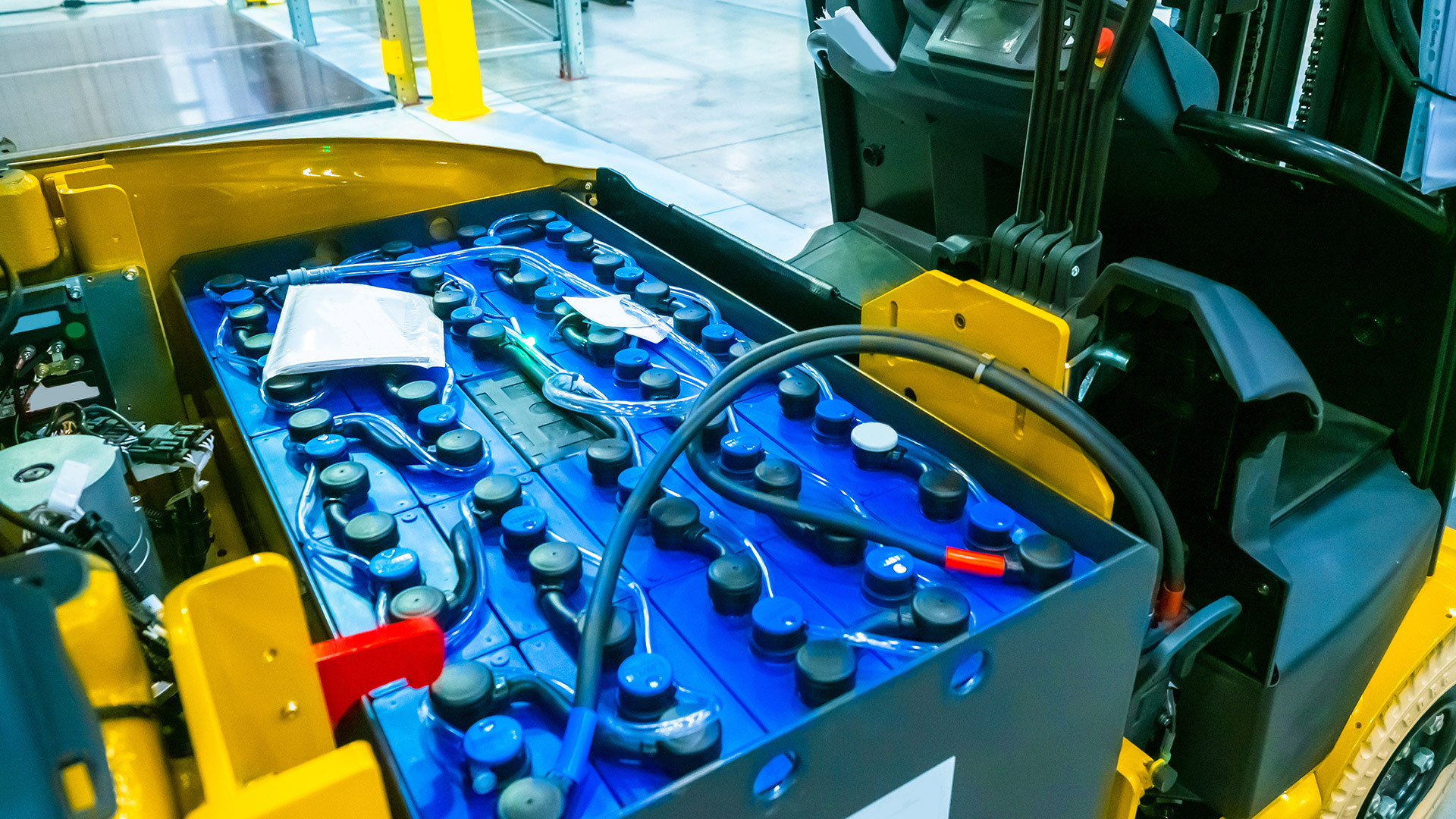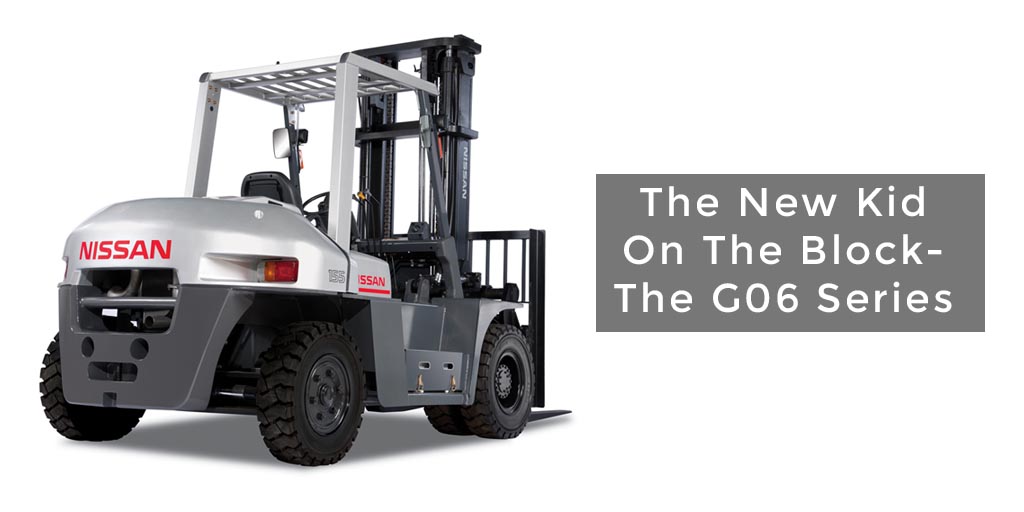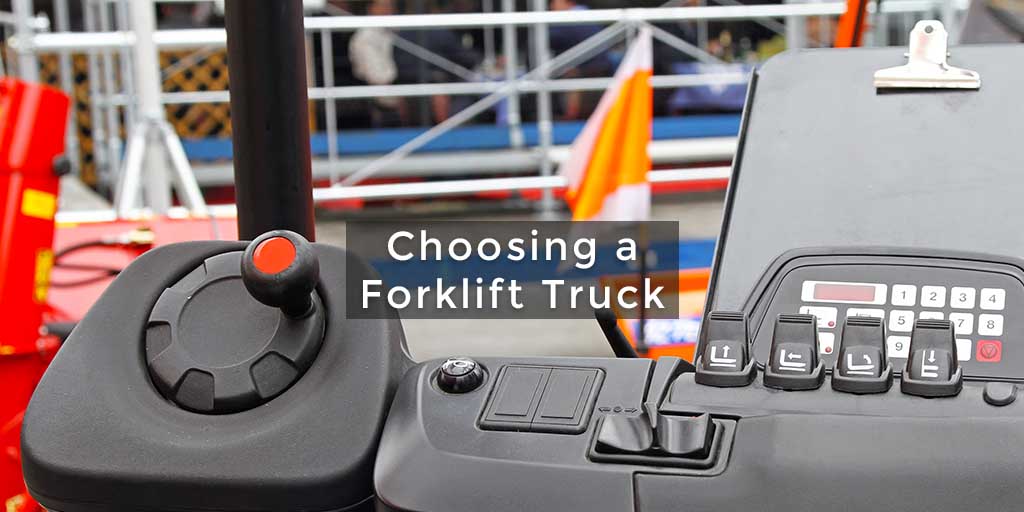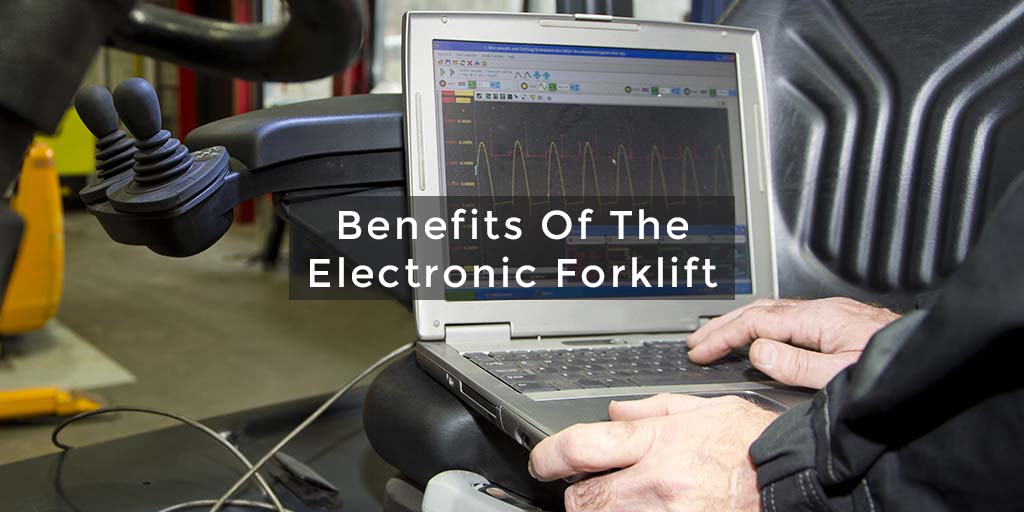
Electric forklift batteries are the backbone of your trucks. They’re what power your forklifts through demanding workdays and make sure your operations run perfectly. Batteries are a hefty investment too, often making up a big chunk of the cost of the truck itself. Therefore, looking after them properly is key to getting your money’s worth.
There are two main types you’re likely to come across – lead-acid and lithium-ion. Each has its pros and cons. But, no matter which one your fleet relies on, the right care and attention can help keep them running longer and better.
As one of the leading forklift suppliers in Staffordshire, we’ll share practical tips to help you extend the lifespan of your forklift batteries and most importantly, keep your business moving efficiently.
Adhere to a Consistent Charging Schedule
Keeping your batteries on a proper charging schedule is one of the easiest ways to extend their lifespan. For lead-acid batteries, it’s vital to let them charge fully each time. Should you try and cut corners, there is a risk of reducing their capacity and shortening their lifespan. Partial charging may feel like a handy quick fix, but in the long run, it’s a recipe for early battery replacement.
On the other hand, lithium-ion batteries are a little more forgiving. They can handle quick top-ups during breaks or shift changes, but even they perform better when given a consistent routine. The key is planning ahead so your forklifts can charge without interrupting the flow of your operations.
Avoid Deep Discharging
Letting your battery’s charge drop too low (below 20%) might not seem like a big deal, but it can cause lasting damage. Known as deep discharging, this can lead to overheating which harms not only the battery itself but also the forklift’s electrical components. Over time, this can drastically reduce the battery’s efficiency and lifespan, leaving you with costly repairs or replacements.
Regularly monitoring charge levels and ensuring your batteries stay above their 20% threshold will help keep everything running nicely and avoid unnecessary headaches!
Regularly Monitor and Maintain Water Levels (for Lead-Acid Batteries)
For lead-acid batteries, water levels are critical to keeping things running smoothly. If the levels drop too low, parts of the battery can dry out and become brittle, which can lead to permanent damage. On the flip side, overfilling can cause water to overflow, creating all sorts of safety hazards and potentially harming the battery.
To avoid these issues, check water levels often (around every 5 to 10 charge cycles). Also, always top up with distilled water after the battery has fully charged, not before. This simple habit can make a real difference in how long your battery lasts and how well it performs.
Keep Batteries Clean and Well-Maintained
A clean battery is a happy battery! Dust, dirt and corrosion can build up over time, impacting the battery’s charging time. Giving your batteries a good clean at least once a month helps to prevent these issues and makes sure everything stays in good working order.
Use cleaning products specifically designed for batteries and always follow safety guidelines (protective gloves and eyewear are a must). Regular maintenance also gives you a chance to spot any problems early, saving you from unexpected breakdowns and expensive repairs down the line.
Maintain Optimal Operating Temperatures
Temperature plays a key role in how well your forklift batteries perform and how long they last. Extreme heat can cause batteries to wear out faster, whilst very cold temperatures slow down the chemical reactions inside.
To keep your batteries in good shape, aim to maintain a stable, moderate temperature in your warehouse or charging area. If your forklifts need to operate in extreme conditions, consider investing in batteries designed for those environments. Make sure to regularly check battery temperatures during use and charging to spot any potential problems in advance.
Implement Proper Storage Practices
When your batteries aren’t in use, how you store them matters. Begin by making sure they’re fully charged before putting them away and always disconnect them from any equipment. Batteries left connected can slowly lose their charge, which over time can lead to deterioration.
The best place to store them is in a cool, dry location where they’re protected from dust and moisture. Proper storage also prevents unnecessary wear and tear and makes sure your batteries are ready to go when you need them.
As we’ve demonstrated, proper care and maintenance are the key to getting the most out of your electric forklift batteries. If you’d like more advice on forklift batteries or need some support with your forklift fleet, don’t hesitate to get in touch with us.









